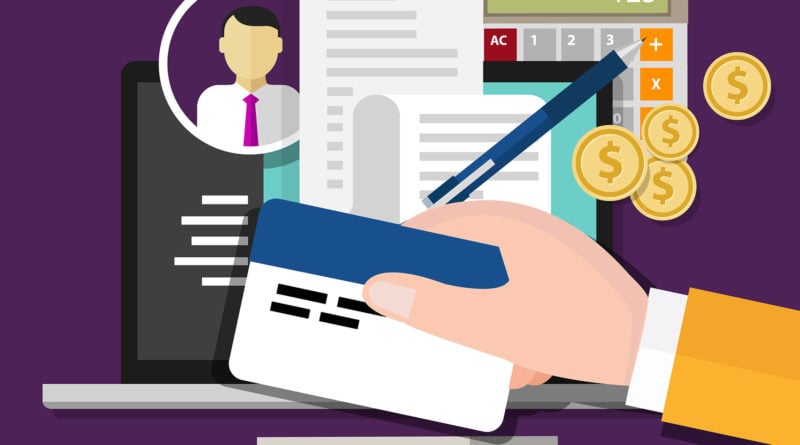Importance of an EIN when filing taxes
What is an EIN?
An EIN, short for Employer Identification Number, is a unique string of numbers assigned to a business by the IRS (Internal Revenue System) that a business can use for the purpose of filing taxes for your business, as well as letting the IRS track your spending and what you’re up to. But unlike other tax ID numbers, like an ITIN, an EIN has so many more advantages, and can make the whole tax filing process so easy, as well as letting you do so much more.
The tax filing process
Filing business taxes with an EIN
Certain kinds of businesses, such as corporations and partnerships, are required by law to get an EIN, so that you can file company taxes with the IRS at the end of the year. Every single financial decision that is made on behalf of your business, or that your business makes, will be tied to its EIN. This makes it much, much easier to file taxes.
Get an EIN on time
It’s a good idea to get an EIN as soon as you’ve checked the requirements and realised you need one, and not wait until the last few days before a tax deadline. This is because, depending on your method of application, the IRS could take up to 5 weeks before assigning you an EIN. And if you end up not having an EIN by tax day, you’ll need to fill out special forms to notify the IRS immediately. Forgetting to do this could mean they don’t accept your filing, and you might also face penalties for late tax returns.
Getting an EIN as soon as, also means that you won’t have to deal with the risk of missing tax deadlines. If you do end up missing tax deadlines, you may have to face penalties, like hefty fines.
Aside from having an EIN for filing taxes, there are so many other great advantages that make them a good idea to have as your tax ID. Here are just a few of them:
Preventing identity theft
This one might be a bit surprising, but getting an EIN is a very effective way to keep you and your earnings safe. Having an EIN over an SSN means that your personal and business finances are completely separate. This means you won’t need to provide your SSN to clients and vendors – you can just give them your EIN instead. Your SSN is therefore more private, so there is less of a risk that a thief will steal it. It is possible to get your EIN stolen too, but SSNs have a much higher risk of being stolen.
Building trust with vendors
Being a small business, it can be hard to build up your company, and often have to rely on your relations with other people to help you achieve your goals. Having an EIN makes it so much easier to get people to work with you. For instance, wholesale retailers tend to do an EIN check before they do business with a retailer – having an EIN shows that you have a credible business and are responsible, taking the initiative to get an EIN, so you are good to work with.
This also goes for sole proprietors and other freelancers. Having an EIN means that you gain more credibility and signifies that the work you are doing is serious business to you, and not just a pastime.
Opening a business bank account
Most banks want you to have an EIN before you open a business bank account – especially for checking and saving accounts. Having this account is useful as you can use this to build up business credit, which helps in the future if you ever want to take out loans.
To learn more on EINs, visit TRUiC’s site. They have an in-depth page full to the brim with useful information.




